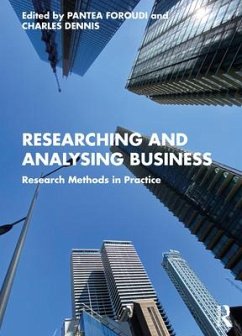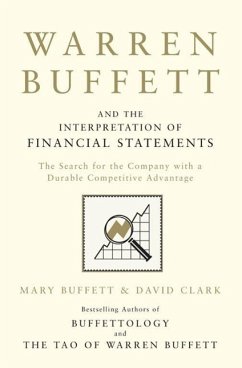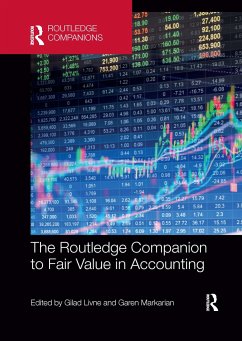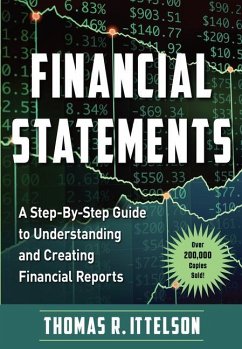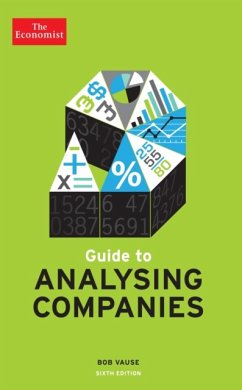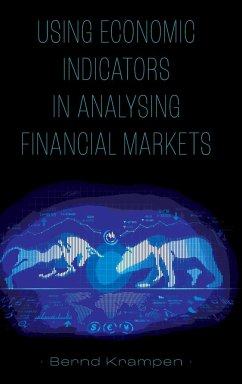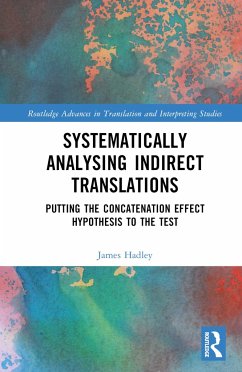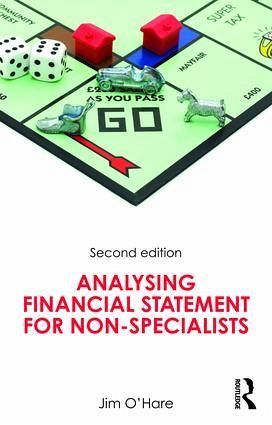
Analysing Financial Statements for Non-Specialists
Versandkostenfrei!
Versandfertig in 1-2 Wochen
59,99 €
inkl. MwSt.

PAYBACK Punkte
30 °P sammeln!
All business organizations produce financial statements, and the information communicated (or hidden) in these is relevant to a wide range of users. After a number of recent financial scandals from banks to supermarkets, the need to fully understand financial statements has never been so imperative, and the topic itself so pertinent. With updated examples to reflect the current business environment, including new material on the ethical considerations, and a wider array of business examples, from retail to services and banks, O'Hare continues to demist financial statements for non-specialists....
All business organizations produce financial statements, and the information communicated (or hidden) in these is relevant to a wide range of users. After a number of recent financial scandals from banks to supermarkets, the need to fully understand financial statements has never been so imperative, and the topic itself so pertinent. With updated examples to reflect the current business environment, including new material on the ethical considerations, and a wider array of business examples, from retail to services and banks, O'Hare continues to demist financial statements for non-specialists. In this new and refreshed edition, he once again covers the topic in an accessible way and assumes no prior training or study in accounting. Offering a range of extra resources, including end of chapter questions, topics for further discussion and brimming with real-world examples, this concise new edition provides a comprehensive resource that will be welcomed by lecturers and instructors charged with delivering classes on financial statements.





